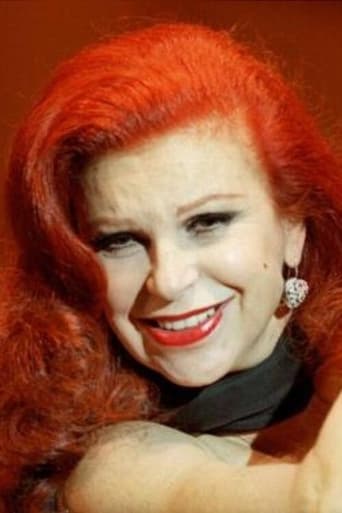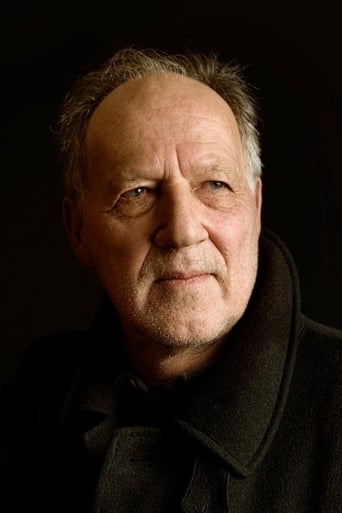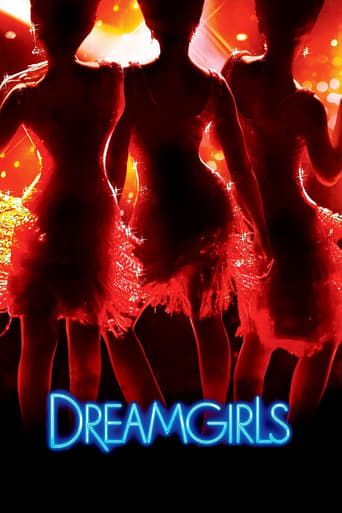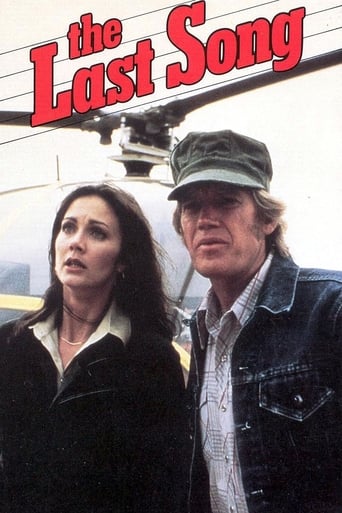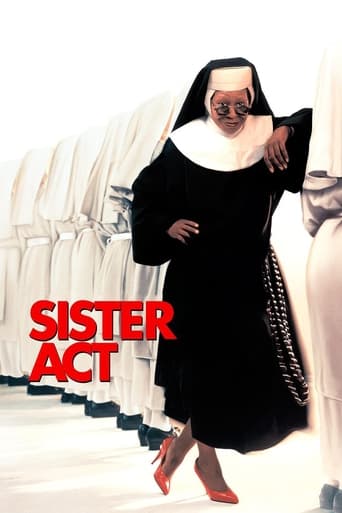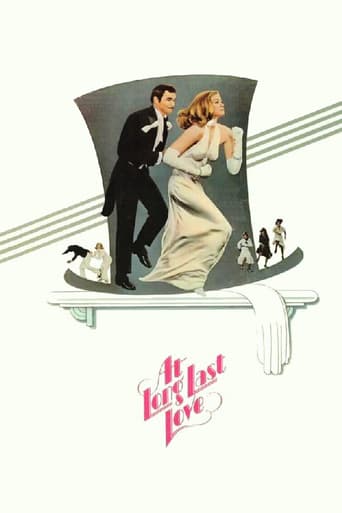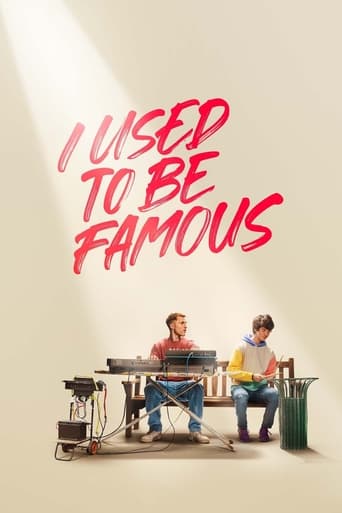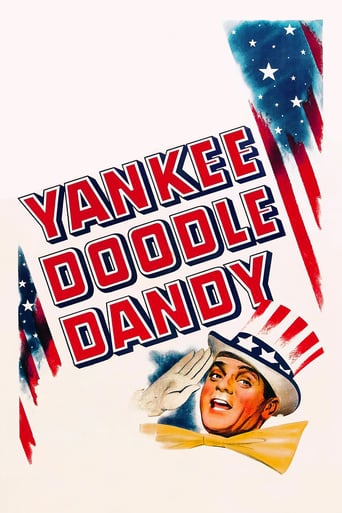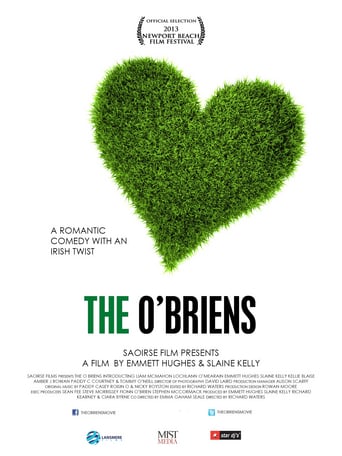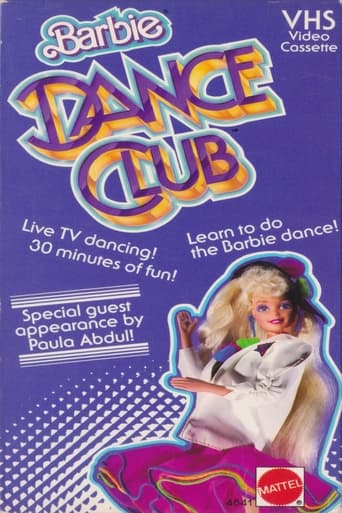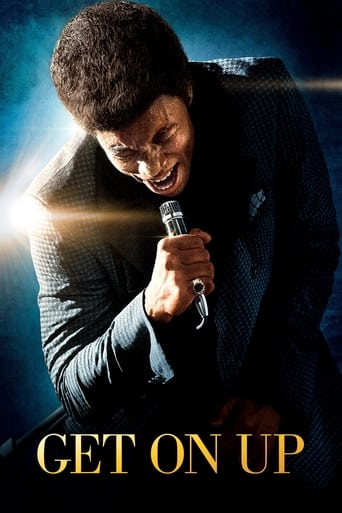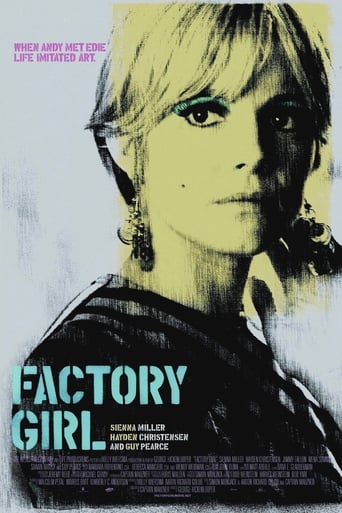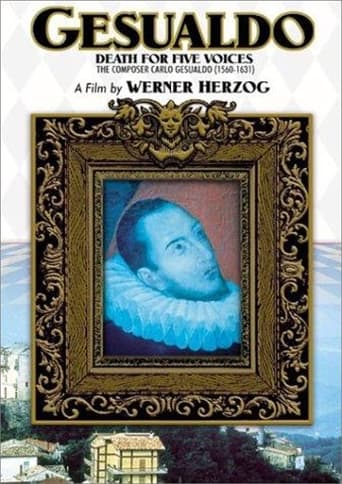
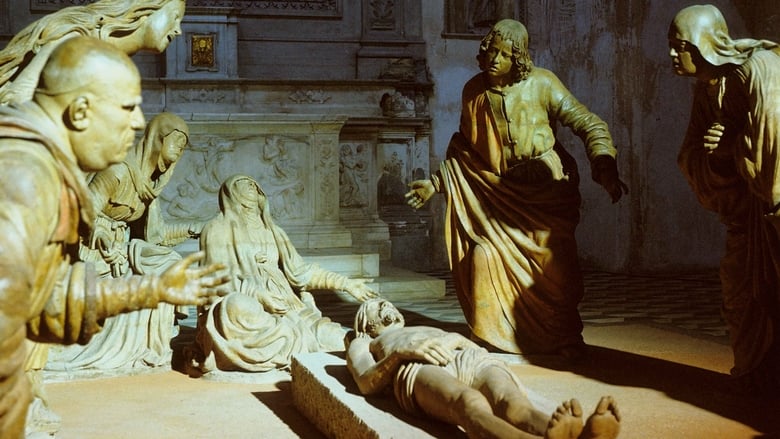
Gesualdo: Death for Five Voices (1995)
Works, legend and murders of Carlo Gesualdo, a notorious Italian composer and murderer from 16th century.
Watch Trailer
Cast


Similar titles
Reviews
"Gesualdo" or "Tod für fünf Stimmen"/"Death for Five Voices" is a German television documentary from over 20 years ago. It deals with an Italian composer who was a murderer at the same time. And this is also what interested me the most about this little film we have here. Sadly the murder was so long ago that it is tough to put the focus on it and still keep it close to how it happened. Admittedly, the music in here is far from my genre of preference, but people who like church music more than I do will certainly appreciate it. Other than that, my main motivation to watch this one was that it was made by Werner Herzog and I am a huge fan of the director. I saw there are version where he narrates in German and other ones where he narrates in English, so people outside of Germany can also watch and understand this film. Unfortunately, he decided to give the word to the people at the church here and as a consequence his narration is not half as frequent as I would have liked it to be. It only runs for slightly under an hour, but at this runtime it stays fairly essential. Not one of Herzog's best, but I still recommend the watch.
We really do change a lot. Two years ago this was another Herzog-story on creative madness to me, one of many small ones he has done.I saw it this time with insights from a classically trained musician friend, and myself steeped in observation of storybased limits in Wagner as well as Italian Futurist writings from the 1910's about chromatic -abstract- harmony, among other things on disharmony I have been looking into.The piece is deceptively simple: disguised as documentary truth, we have, pieced together from several narrators, a short story on madness, tormented love, and musical genius that transcends the holy (from the time before Bach). And if the musings of the rough-hewn caretaker of the ruined estate can be safely waven off as tall folk legend, the by all means respectable director of the Gesualdo institute projects confidence, as he looks up from his stack of papers, that he is recounting an account of actual history of things as they happened.We go on to visit places central in events of that story, as well as closely examine some of the trinkets of drama: the actual bed where murders took place, the gruesomely displayed skeletons "most likely" those of illicit lovers.Other narrators are much more obviously unreliable than would satisfy truly fine limits between reality and fiction, but even so, many viewers have come out of this confused. It seems, from the perspective that this is really an account, a gross miscalculation on Herzog's part to include the obviously set-up bit with the supposed mad opera singer, interjecting staged eccentricity in the midst of truth. Not at all.The point is that down to the original - judicial - account, we only have testimonies and conjecture, and we can plainly see from testimonies Herzog has gathered in the course of the film, how difficult it is to surmise the real thing from stories about it. We come out of this with slight variations on the portrait of a man, with dissonance between the voices telling the story. The only truth left is in the music, excerpts of which are marvellously conducted for us.And how stupendous, that music - offered to god - is about slight dissonance between different voices, each one harmonical within itself, but the whole has subtle disharmony that is its own chromatic truth in the face of the harmony of logic, and that truth is we are dissonant beings.If you thought Herzog's recent Cave of Dreams was too ordinary, look again. It's about the same dissonance in our narrative devices.
After suffering through Tous les Matins du Monde and Farinelli, both atrocious, over-romanticized films on "early music," Death for Five Voices is refreshing. Herzog's films walk the line between fiction and nonfiction, but always seek to express truth. I am a huge fan of his work, but do have some issues with this film.Perhaps after directing a few Wagner operas, Herzog couldn't resist the temptation to go with the Wagner and Strauss comparisons many of the subjects in the film made, but this sort of romanticizing detracts from the film and misplaces the true context for why Gesualdo's music has a message valuable to contemporary society, in fact, a message that I think is quite in line with Herzog's approach to film making.Herzog has said that all of his films are documentaries. I think this is evident when looking at his casting, for example. Could you imagine anyone else playing Stroszek or Kaspar Hauser besides Bruno S.? So many actors become the roles they are playing and work very hard to do so, but there's a certain emptiness to it. Someone like Bruno S. is a real person and the story is just an elaboration on his own humanity which shows through the films. I think Kinski, though more trained as an actor, expressed deep humanity in the films he was in with Herzog in the same way. This is to say that Herzog's films contain an element of subjectivity and individuality on a case by case basis, not a systematic basis.Music composed in Gesualdo's time also contains this sort of subjective element. Vocal music was the ideal. Scores weren't reduced onto two staves like piano music, each vocal part had it's own staff. Each line was as important as any other. There was no system of tonal harmony to bind the music together. This is as true for Gesualdo's music as it was for his contemporaries - he wasn't alone in this as the film would otherwise lead you to think - only his chromaticism is a bit more extreme than most. In all actuality, the late romantics that Gesualdo is incessantly compared to in the film represent the ultimate fruition of the harmonic system that is antithetical to the height of renaissance polyphony.Personally, I attribute the rise of instrumental music and equal temperament tuning to this shift in musical composition. If the piano had not become the dominant medium for music in the ensuing years, I suspect music would have developed very differently. Perhaps Gesualdo's music is a glimpse of what could have happened if western civilization had gone in a different direction.There is a very obnoxious scene where the composer/prince plays the opening chords of Tristan and Isolde, something that obnoxious conductors and college music theory professors enjoy doing over and over again for some reason to demonstrate how amazing chromaticism is. I don't think Gesualdo's music has anything to do with Wagner.It's not Herzog's fault (if you don't count his refusal to sing while a teenager). It is just his sometimes naive enthusiasm for things - this beautiful quality which makes his films so charming and extraordinary in other cases, particularly The Great Ecstasy of Woodcarver Steiner and How Much Wood Would a Wood Chuck Chuck: he is able to look at things at face value without preconceptions. Herzog can even be pardoned for stretching the truth in many cases. This time, though, I think his stretch of the truth which in other cases leads to a deeper truth, distracts from it. It's almost as if Herzog is trying to make the film about Wagner. Gesualdo's troubled story seems like an act from a tragic opera.With that said, I loved the Italian feel of the film. I am sure Herzog would say he dislikes Fellini (if he's even watched any of it), but the pace of the film reminds me of the circus-like atmosphere of the typical Fellini film. One memorable scene in a kitchen with an elderly man and woman, both speaking exuberantly and constantly at the same time, going on and on, quite directly to the camera. What beautiful humanity Herzog captured in this shot. Another shot at a mental institution was very intriguing. The shots on location of the castles and locations haunted by the story were wonderful. This film is well worth watching as long as you don't let the Wagner thing bother you too much!
At a pinch, I suppose I'd accept that some of the lurid carryings-on and local legends that have gathered around the figure of the composer Gesualdo, and are retailed here with a gleeful lack of critical scrutiny, might actually be true. Perhaps quite a lot of them are, but it doesn't really matter, because Herzog seems at least as interested in the way that people create, exploit and enjoy the legends, as in the composer himself or his music. Some sequences are very obviously staged for the camera, and Herzog seems almost to be daring us to believe that we really are talking to, say, a mad ex-opera singer who believes herself to be the reincarnation of Gesualdo's murdered first wife. The results are certainly very, very funny -- but everything pales before the irrepressible wife of a local chef, who disrupts his efforts to tell us about Gesualdo's extravagant menus with a torrent of abuse dedicated at the composer, whom she regards as the devil incarnate.But then, for all its contrivances, the whole film has a deadpan, dishevelled feel about it. No effort is made to disguise that the resident expert Gerald Place is talking from notes or keeps developing a nasty frog in his throat: as one of the few people in the documentary who seems basically sensible, he has to be quietly sent up some other way! Only the intelligent and rather sympathetic Principe d'Avalos seems to escape with his dignity intact -- perhaps because he's aristocracy.Musical duties are divided between two groups of singers. The Gesualdo Consort of London mostly sing in tune, the Complesso Barocco mostly don't -- the avant-garde quality is certainly exaggerated by the problems with intonation in what is very difficult music. As with the interviews with Gerald Place I get the impression Herzog didn't want to do retakes if things went slightly wrong, and the singing certainly has plenty of enthusiasm. Only he can be blamed for the way the audio and visual get out of sync by a couple of seconds in close-ups of the director in one of the musical performances; but somehow it all seems to add to the effect of cheerful bizarrerie. How a specialist in Renaissance music would react to this documentary I dread to think (I'm sure there'd be some swearing and gesticulation) but as social comedy it's priceless.


